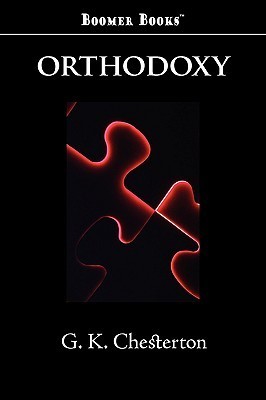
Praise of Folly
Book Description
What if folly held the key to humanity’s greatest truths? In "Praise of Folly," Erasmus masterfully weaves a witty and biting critique that cuts through the absurdities of society. Bursting with sharp satire, it challenges the arrogance of reason and the hypocrisy of the learned, illuminating the paradox that wisdom often lies in folly itself. As laughter dances with profound insight, readers are drawn into a world where ignorance reigns and wisdom is questioned. Can embracing folly lead to genuine enlightenment, or are we doomed to repeat our mistakes? Discover the chaos and clarity that bind us all.
Quick Book Summary
"Praise of Folly" by Erasmus is a witty and incisive philosophical satire, voiced through the personification of Folly herself. With exuberance and irony, Folly celebrates her own influence over individuals and society, demonstrating how human nature is deeply entwined with foolishness. Erasmus uses Folly’s playful monologue to critique scholars, theologians, the clergy, and social customs, exposing hypocrisy and vanity in the pursuit of knowledge and piety. Yet, by undermining pretensions and pointing out the limits of reason, Erasmus suggests that folly is not merely negative; it plays a crucial part in human happiness, love, and even faith. The work combines sharp humor with profound insight, encouraging readers to reflect on the paradoxes of human wisdom and the value of humility.
Summary of Key Ideas
Table of Contents
The Universal Influence of Folly
Erasmus begins "Praise of Folly" with an introduction delivered by Folly, the allegorical figure who claims credit for much of what brings joy and vitality to human life. As the embodiment of foolishness, she boasts that her presence is essential from birth to old age, animating personal relationships, ambition, and even the simple pleasures of existence. Folly’s self-celebration humorously highlights how intimately intertwined irrationality is with humanity’s daily experiences, setting the stage for a broader critique of society.
Satire of Scholars and Theologians
Turning his satirical eye on the learned and the powerful, Erasmus, through Folly, lampoons scholars, philosophers, and theologians who boast of wisdom yet are often blinded by pride, pedantry, and self-delusion. Human knowledge, the book suggests, is fraught with error; scholarly pursuits can devolve into trivial arguments and meaningless displays of intellect. The work mocks professors split by endless debates, conceited rhetoricians, and intellectuals so absorbed in theory they forget practical realities.
Critique of Religious Institutions
The satire intensifies as Folly targets religious leaders and institutions. Erasmus censures the clergy, monks, and church dignitaries for their hypocrisy, greed, and love of outward ritual at the expense of genuine spiritual depth. He exposes how even religion is distorted by human folly, as leaders become mired in dogma and materialism. The lampooning is both biting and playful, urging a return to authentic Christian values and the simplicity of faith rather than empty ceremonies.
Paradox of Wisdom and Folly
Central to the book is the paradox that true wisdom is often cloaked in folly, and that human accomplishments are laced with vanity and self-deception. Erasmus explores how, by embracing one’s limitations and acknowledging ignorance, individuals may approach a truer form of wisdom. This paradox allows for a more tolerant and compassionate view of human foibles, inviting readers to question the superiority of so-called rational thinking and the pretensions of the elite.
Value of Humility and Self-Awareness
In closing, Folly reflects on the role of humility and self-awareness. By laughing at oneself and exposing the foolishness that pervades all social classes and intellectual pursuits, Erasmus advocates for humility as a path to wisdom. Ultimately, "Praise of Folly" is a call for balance: to temper ambition, intellect, and religious fervor with self-reflection and an honest acceptance of human imperfection. The book endures as a poignant and entertaining meditation on the limits of reason, the ubiquity of folly, and the necessity of laughter in the search for truth.
Download This Summary
Get a free PDF of this summary instantly — no email required.





